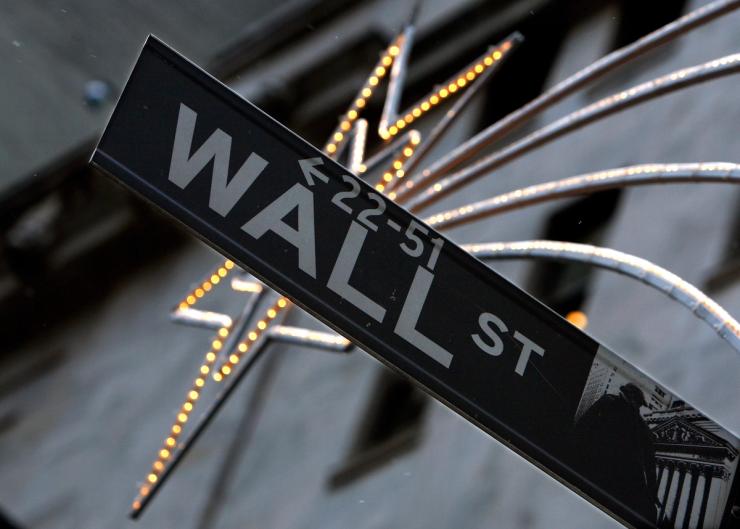The Scoop
Willscot Holdings, a $7 billion maker of mobile offices, has fielded takeover interest from several private-equity firms, according to people familiar with the matter.
The company, which makes container box-sized portable buildings that dot construction sites, industrial facilities and many American schoolyards, throws off a fair bit of cash — $143 million last quarter — even in a weaker market. That makes it an attractive target, with at least one of the buyout shops engaging bankers to help it with a potential bid, said one of the people.
Willscot is not yet running a formal sales process, the people said, although it already has bankers helping it grapple with an activist investor. Shares are down 16% over the last year, lagging the broader markets.
That shareholder, Ben Pass’ TOMS Capital, is not a conventional activist investor, but it has mounted successful pushes at other companies including Kellanova, formerly known as Kellogg Company. TOMS’ exact plans for Willscot could not be learned.
Representatives for Willscot and TOMS declined to comment.
Rohan’s view
It may not be the sexiest activist target on the planet, but that’s probably just ok by TOMS.
Big-name activists like Elliott and Starboard Value soak up an outsize amount of coverage going after big names like Honeywell or Pfizer, respectively. But, as activists and the well-paid advisors who defend against them very well know, there is as much money — if not more — in the smaller, more out of the way names like Willscot.
That’s not to say that TOMS hasn’t won big at big names before: the activist went after Kellanova last year and scored big when the diversified snack-maker sold itself to closely-held Mars in a $36 billion deal.


